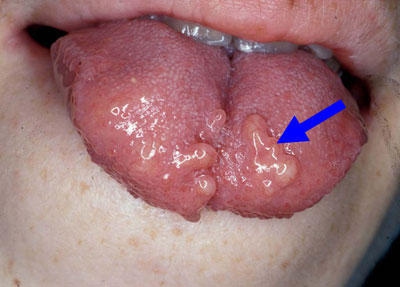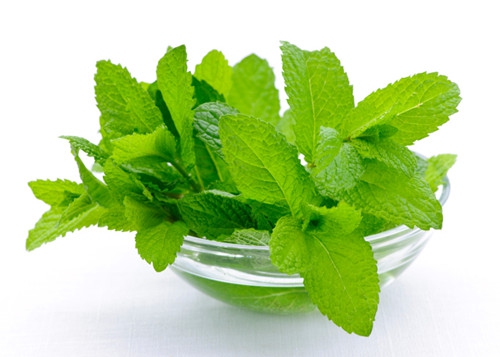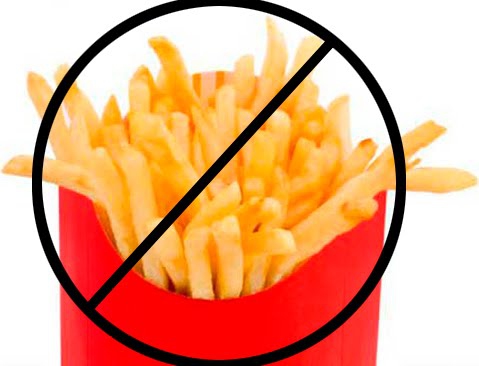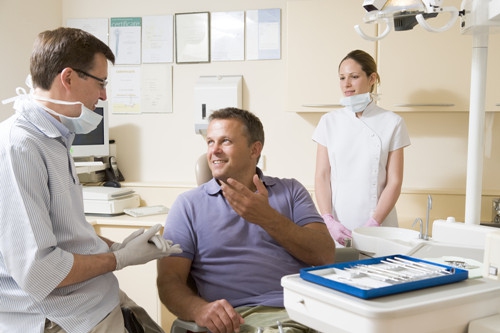The tongue is frequently considered the strongest body muscles and it is made up of a muscle group that lets us talk, swallow, and taste food. Healthy tongues will appear pink and be covered with papillae, small nodules.
As you constantly use your tongue, the tongue problems, such as soreness and bumps, can be uncomfortable and frustrating. There are several possible causes for various common tongue symptoms and luckily, most can be quickly resolved as they are not serious.
In some cases, however, a painful or discolored tongue may be indicative of a serious condition, such as oral cancer, AIDS, or vitamin deficiencies. As such, you should always talk to your doctor if you experience bumps on tongue for an extended period of time.

Potential Causes of Bumps on Tongue
If you find yourself wondering "why do I have bumps on the back of my tongue?" then the answer may be easier to find than you think. Here are some of the most common causes.
Injury: If you accidentally scald or bite your tongue, you may develop soreness until the damage has healed. Clenching or grinding your teeth may also irritate your tongue's sides, leading to a painful sensation. Even eating coarse or hard foods may lead to bumps or irritation.
Nutritional Deficiencies: Certain vitamin deficiencies (such as folic acid) can also lead to bumps on your tongue.
Allergy: In some cases, tongue bumps indicate an allergic reaction to food or medication.
Smoking: Excessive smoking will irritate your tongue, causing soreness and potential bumps.
Specific Medical Conditions: Some types of medical conditions (including anemia and diabetes) may lead to a sore tongue as one of the symptoms.
Canker Sores: These mouth ulcers affect many people at some point or another. They tend to worsen during stress, but their cause is unknown.
Stomatitis: Stomatitis or an aphthous ulcer occurs because of poor dental hygiene and can also lead to bumps on the tongue.
Scarlet Fever: Scarlet fever is a streptococcal infection that may lead to red bumps. In this case, it will typically be joined by an extremely high fever.
Herpes: Both oral herpes or herpes simplex may cause small and painful red lesions on the tongue. These typically occur for around seven days and can affect any area of the mouth, including the gums, throat, and roof. This condition is linked to genital herpes and usually develops from oral sex.
Kawasaki Syndrome: This syndrome typically affects children under five years old and affects the blood vessels, leading to bumps.
Burning Tongue Syndrome: Some women will develop this syndrome following menopause and in it, the tongue feels as if it was burning.
Enlarged Papillae: In some cases, large bumps on back of tongue may be due to a taste bud (or papillae) becoming irritated or inflamed, in which case it may swell, forming a painful bump.
Oral Thrush: This type of yeast infection tends to affect the elderly (who wear dentures) and infants more frequently. It may also affect those taking steroids to get relief from diabetes or lung disease. In many cases, oral thrush will occur after taking antibiotics which accidentally kill the beneficial bacteria in the mouth.
Leukoplakia: In this medical condition, cells in the mouth grow excessively, creating white patches along the mouth and tongue. This can sometimes be an early indication of cancer and it usually begins with the tongue being irritated by a foreign object, such as tobacco.
Oral Cancer: Most of the time, you should not be concerned if there are bumps on tongue, but if it doesn't disappear within two or more weeks, you should consult your doctor. It is easy to miss oral cancer in the early stages as it may not hurt.
When to Visit a Doctor
Most of the time, bumps on tongue are completely normal and you don't need to visit your doctor. Sometimes, they will become inflamed or grow from injury or infection. If bumps are very large or discolored or have uneven borders, contact your doctor. Also check painless bumps if you are unsure of their cause or if they are inflamed and red and last several days without fading.
How to Deal With Bumps on Tongue
Gargle Warm Salt Water
The warm saline rinse may act as an anti-inflammatory agent and relieve any burning associated with tongue bumps. Use three ounces warm water and a teaspoon of salt, gargling for 30 seconds 3 to 4 times daily.
Chew Mint Leaves
Mint leaves are also known for their anti-inflammatory as well as antimicrobial properties. Simply chew them every night before bed and your bumps on tongue will heal more quickly. You can also try tea by steeping a tablespoon of mint leaves in one cup hot water for five minutes.
Eat Food That Is Cold and Soft
By sticking to soft and/or cold foods, you can relieve tongue discomfort. Cold foods temporarily numb the tongue so it isn't as irritated while soft foods will not further hurt it. Avoid hot snacks, chips, and salty crackers as the salt and rough texture may lead to more bumps.
Avoid Food Triggers
Avoid foods that trigger or worsen the bumps or the related burning sensation. These include sweetened, spicy, sour, salty, or deep fried foods. Eating excessive amounts of fatty and fried foods can lead to the body creating bumps to remove excess fat. Similarly, hot drinks and food will burn the tongue and increase the number of bumps or worsen existing ones.
Maintain Good Oral Hygiene
By maintaining good oral health, you can get rid of bumps before they are infected. Brush two to three times a day and floss once each day. Use a tongue brush and then rinse your mouth several times to remove loosened debris and bacteria. Also use mouthwash twice daily to fight infections. Using a mouthwash with alcohol will worsen the burning sensation on your tongue, even though it might help kill bacteria. So you'd better choose alcohol free mouthwashes.








View All Comments /Add Comment